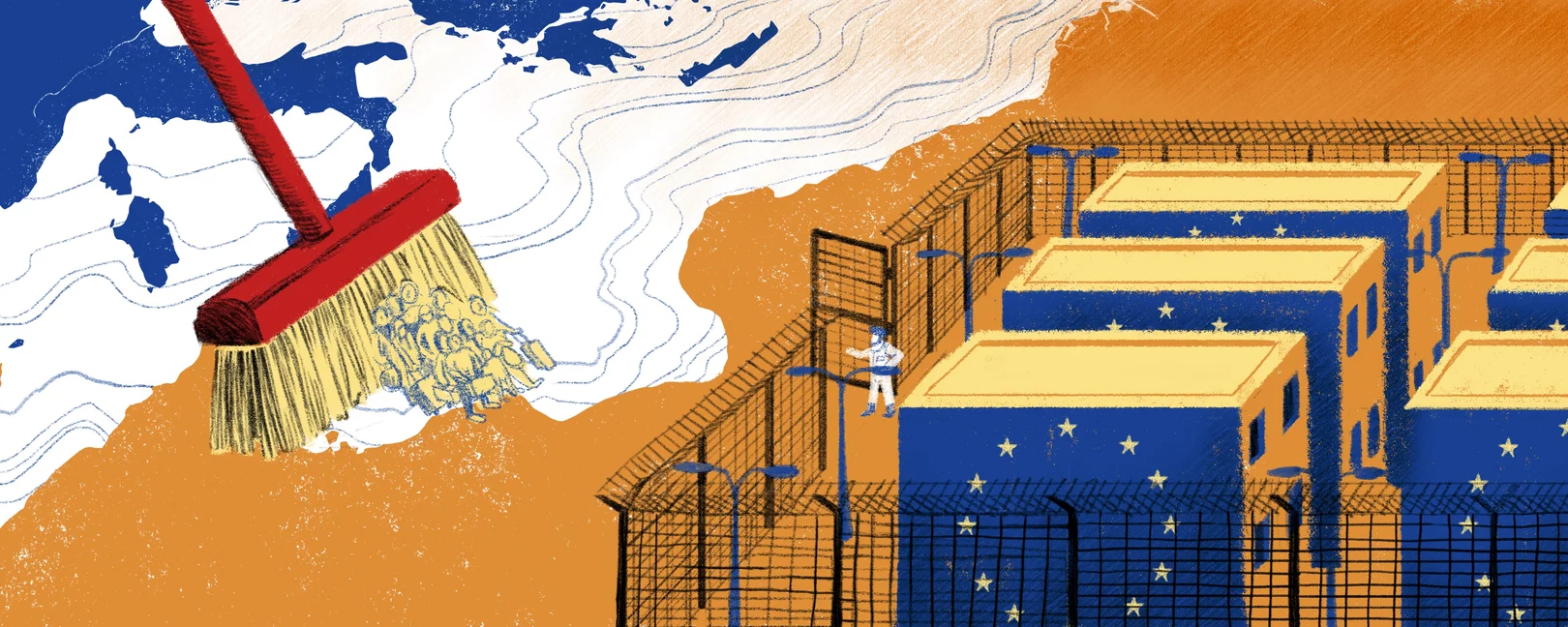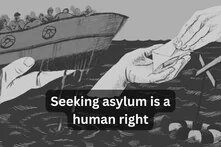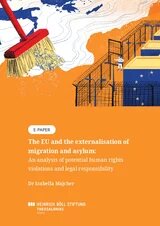Migration
Through its regional European Migration Policy Programme, the Heinrich Böll Foundation Office Thessaloniki monitors the developments on the ground and advocates for human rights-based migration policies throughout Europe and its Mediterranean neighbors. In times of growing pressure against people on the move and solidary civil society, we insist on building the resilience of all relevant stakeholders through networking opportunities and the creation of cross-border synergies, as well as by strengthening their voices within EU decision-making procedures.














